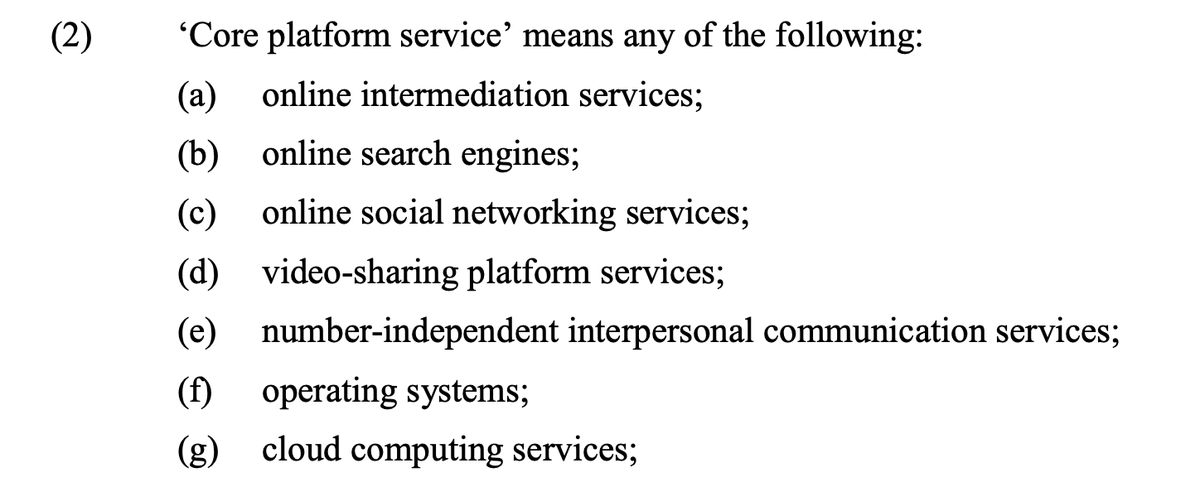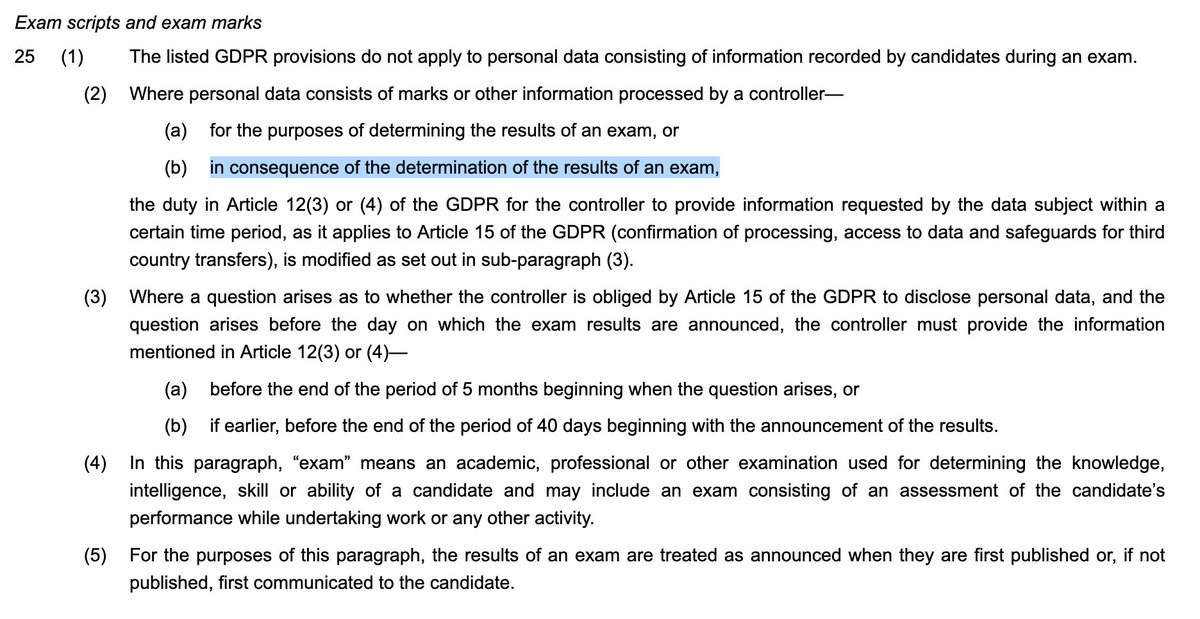
Want to probe underneath a company, technology or phenomenon drenched in personal data?
In our new OA paper @TechRegJournal, Researching with Data Rights, @Jausl00s & I explain how you might, can & should use GDPR data rights in your research projects. techreg.org/index.php/tech… 1/
In our new OA paper @TechRegJournal, Researching with Data Rights, @Jausl00s & I explain how you might, can & should use GDPR data rights in your research projects. techreg.org/index.php/tech… 1/

We outlines current approaches to accessing enclosed data, and argue that GDPR transparency, access, portability rights can be a powerful bottom-up, adversarial data access tool, if used well. 

We outline the nature of those transparency provisions for those unfamiliar, and show how they can be used, elaborating on legal, ethical and methodological challenges — a bit like a mini-manual. A lot more could be said — but we hope this helps researchers make a good start.
Many thanks to TechReg's founding editor @TiltR for his swift editorial help getting this paper into shape, and to the peer-reviewers who gave time at the end of 2020 of all years. The 2020 issue is excellent, and it's open access, here techreg.org/index.php/tech…
(I also want to particularly thank my coauthor @Jausl00s — who is an exellent and inimitable friend, and one of the extremely stimulating coolcats whose presence (digital or not) constantly reminds me that yes, I am indeed in the right line of work, with the right people.)
• • •
Missing some Tweet in this thread? You can try to
force a refresh










